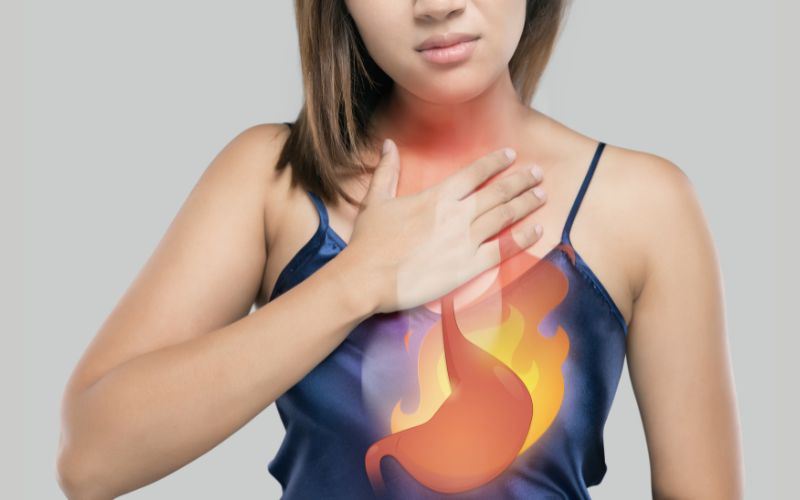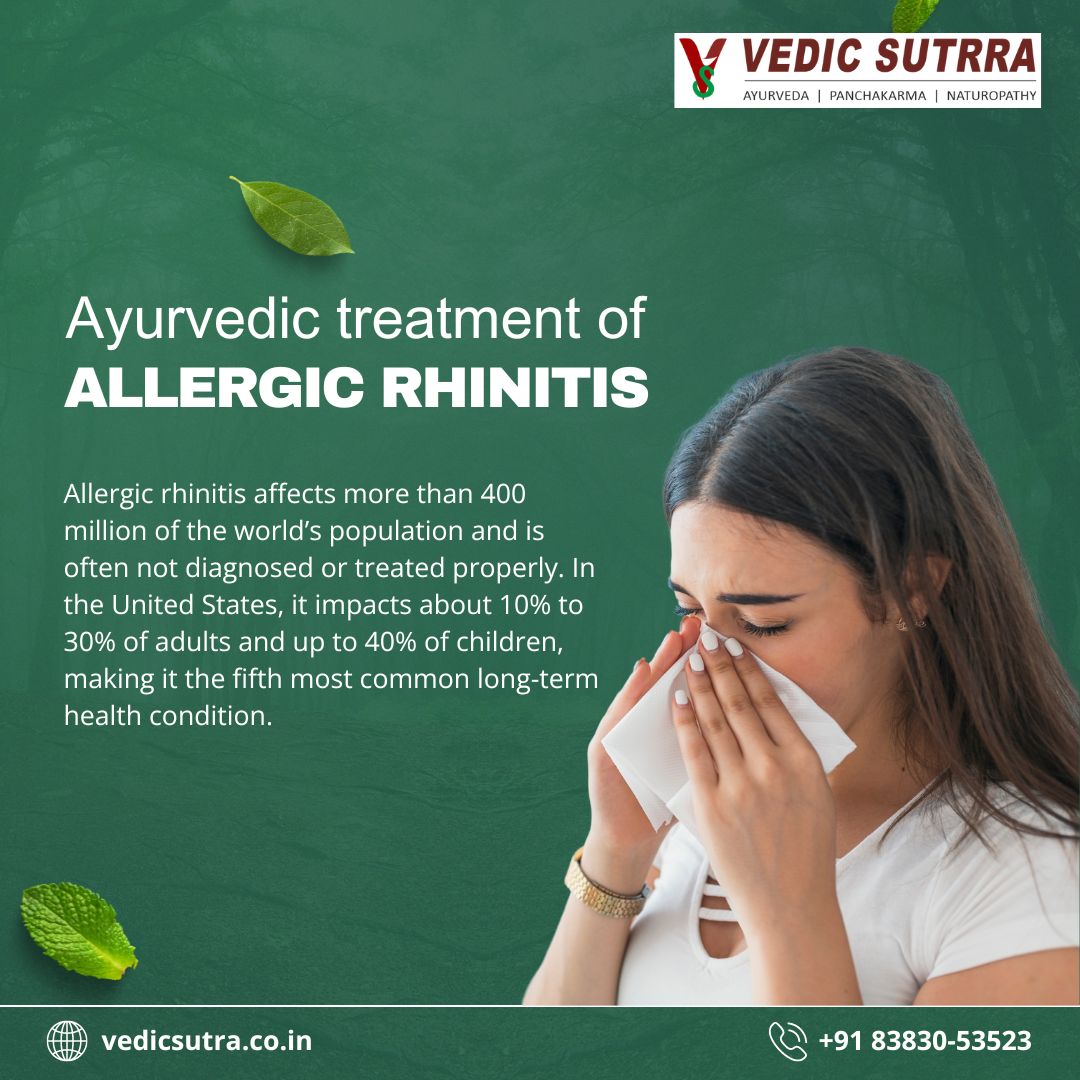The Role of Panchakarma in Managing Fatty Liver Disease
In today’s fast-paced world, many individuals embrace the “You Only Live Once” (YOLO) mentality, prioritizing enjoyment, and experiences. However, amidst the pursuit of fun, it’s crucial not to forget that we have only one life to cherish.
Unfortunately, a most prevalent issue amongst teenagers as well as adults today is unhealthy eating habits that has resulted in the increasing incidence of fatty liver.
Regrettably, relying solely on conventional allopathic medicine doesn’t always resonate with everyone. It’s essential to remember that one size doesn’t fit all, especially when it comes to addressing health concerns like fatty liver disease.
For those seeking a more holistic approach to address fatty liver concerns, the ancient wisdom of Ayurveda offers a promising solution: Panchakarma.
This time-honoured therapy is meticulously designed to rejuvenate not only the body but also the mind and spirit. Through Panchakarma treatments, along with targeted internal medications and a balanced diet, Ayurveda provides a comprehensive method to promote liver health and overall well-being.
What is a Fatty Liver Disease
Fatty liver disease is characterized by an accumulation of extra fat on the liver. This can lead to inflammation and damage to liver cells.
This disease is more prevalent than ever before. As people are consuming a diet high in saturated and trans fats for a long period will result in high cholesterol, blood pressure, and triglycerides. Leading a sedentary lifestyle without regular exercise is also a reason for high cholesterol and blood pressure.
Types of Fatty Liver Diseases
Non-Alcoholic Fatty Liver Disease (NAFLD) refers to the buildup of fat in the liver, a condition also known as hepatic steatosis. Various factors can contribute to the development of a fatty liver, including excessive sugar intake, insulin resistance, obesity, and genetic predispositions.
On the other hand, Alcoholic Fatty Liver Disease (AFLD) is directly linked to prolonged and excessive alcohol consumption. This condition encompasses a spectrum from simple fatty liver to alcoholic steatohepatitis, involving inflammation and damage to liver cells. If left unaddressed, AFLD can progress to more serious liver-related complications.
Symptoms of Fatty Liver
In the initial stages of fatty liver disease, individuals typically do not experience noticeable symptoms. however, as the condition advances or if complications arise, a range of symptoms may become evident. A few common symptoms are enlisted:
- Fatigue: One of the prevalent symptoms of fatty liver is a persistent sense of fatigue and tiredness. This is attributed to the compromised function of the liver, which can disrupt energy metabolism and result in heightened feelings of exhaustion.
- Abdominal Discomfort: In some cases, individuals with fatty liver may feel discomfort or tenderness in the upper right area of the abdomen. This sensation can arise due to inflammation or enlargement of the liver.
- Weight Loss Or Loss of Appetite: A fatty liver can result in unintended weight loss or a reduced appetite. This could be attributed to inflammation in the liver or alterations in metabolic processes.
- Enlarged Liver: The liver may undergo enlargement, resulting in a sensation of fullness or heaviness in the upper right portion of the abdomen. `
Role of Panchakarma Treatment to Treat Fatty Liver
Panchakarma is a holistic detoxification and rejuvenation therapy rooted in ancient Ayurvedic practices. Panchakarma treatment offers a comprehensive approach to deep cleansing, ridding the body of accumulated toxins from daily life and stressors. This therapeutic process involves tailored herbal treatments, massages, yoga, and dietary adjustments designed to suit individual needs and constitution. Here’s how Panchakarma help to fatty liver:
Deep Detoxification: Panchakarma therapies are designed to cleanse the body by eliminating toxins and impurities, with a special focus on the liver. The key detoxification methods in Panchakarma are “Vamana” (therapeutic vomiting) and “Virechana” (therapeutic purgation). These procedures effectively remove excess toxins and accumulate waste from the digestive system and liver.
Balancing Doshas: According to Ayurveda, an excess or imbalance in the three doshas – Vata, Pitta, and Kapha – can contribute to the onset of various diseases, including fatty liver. Panchakarma therapies are employed to harmonize these doshas, with special attention given to Pitta dosha, which holds considerable sway over liver health.
Supporting Liver Function: “Basti,” (medicated enemas) is a form of panchakarma therapy, that focuses on aiding liver function. This specialized treatment utilizes potent herbal decoctions and oils to both cleanse and nourish the liver. By doing so, it facilitates optimal liver performance and promotes overall liver health.
Strengthening Digestion and Metabolism: Panchakarma therapies encompass a range of treatments, including Abhyanga (an oil massage), Swedana (herbal steam therapy), and Shirodhara (a continuous stream of herbal oil poured onto the forehead). These therapies are designed to promote better digestion, elevate metabolism, and optimize the overall performance of the digestive system, which includes the liver.









